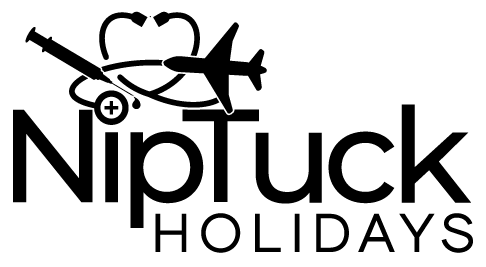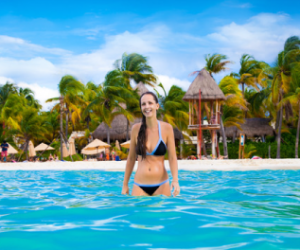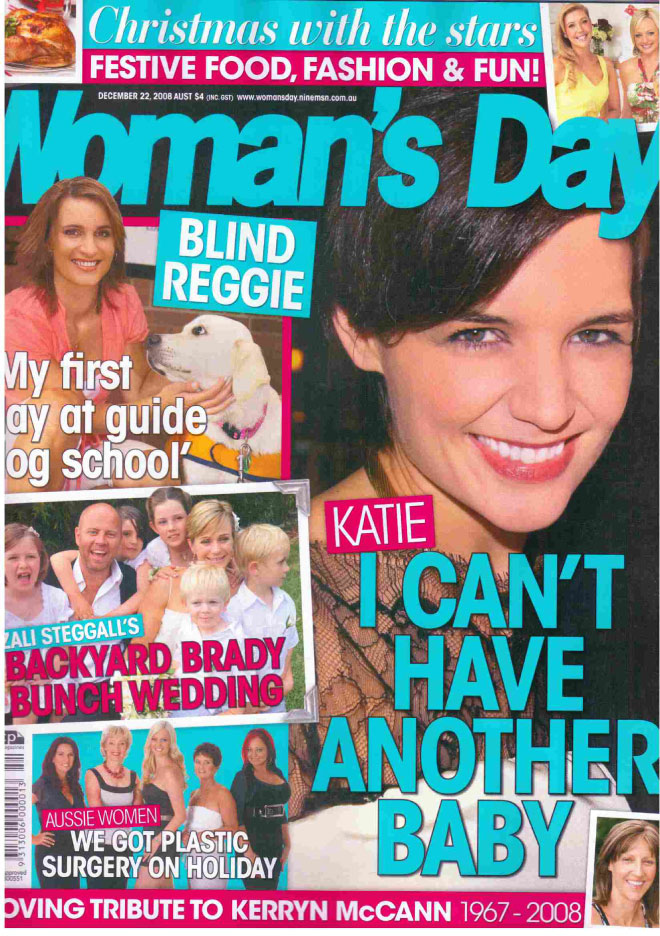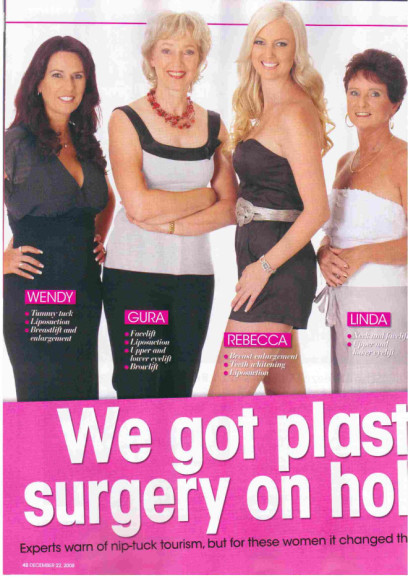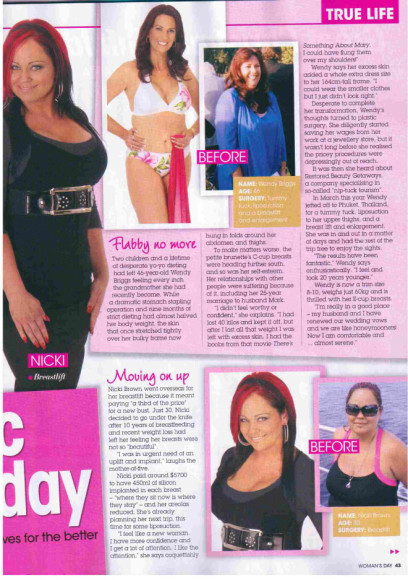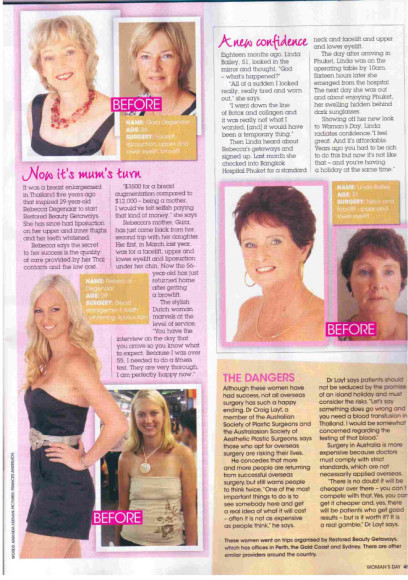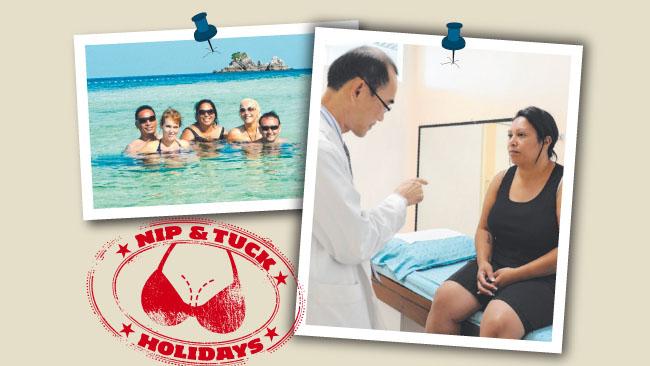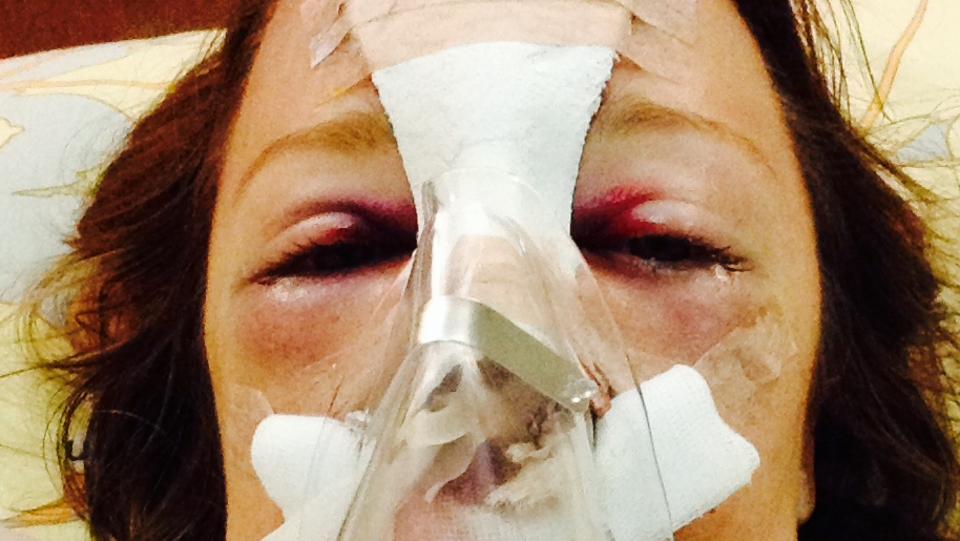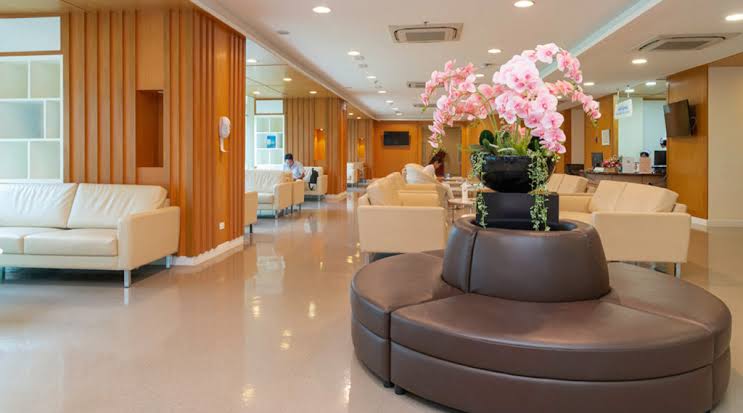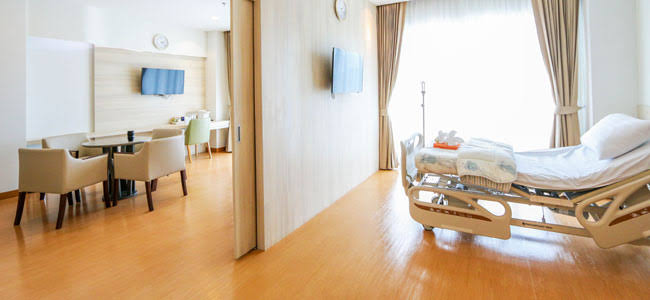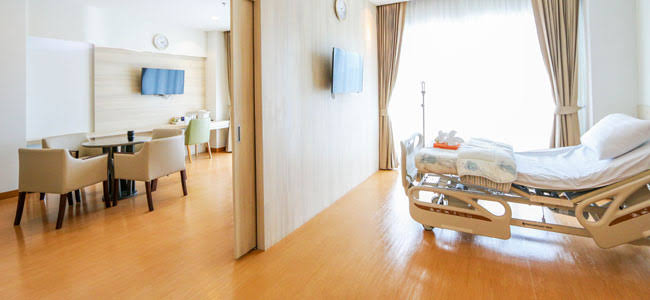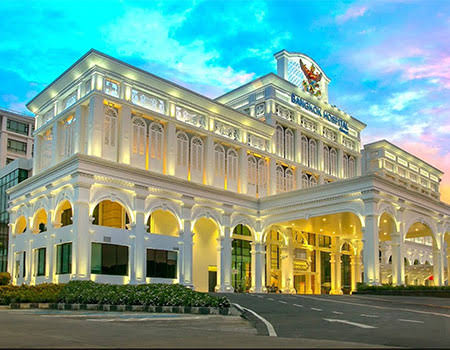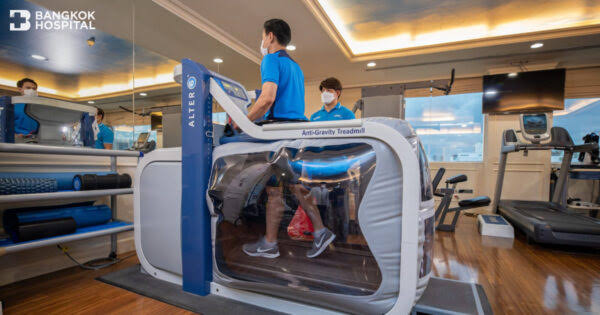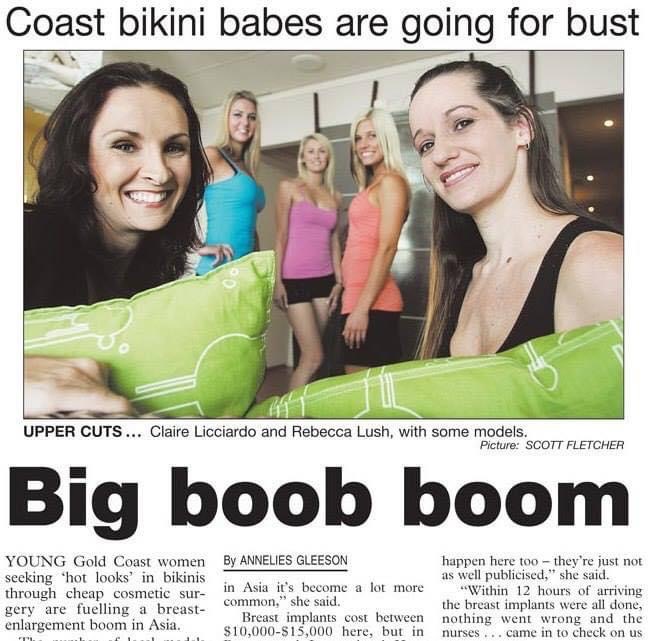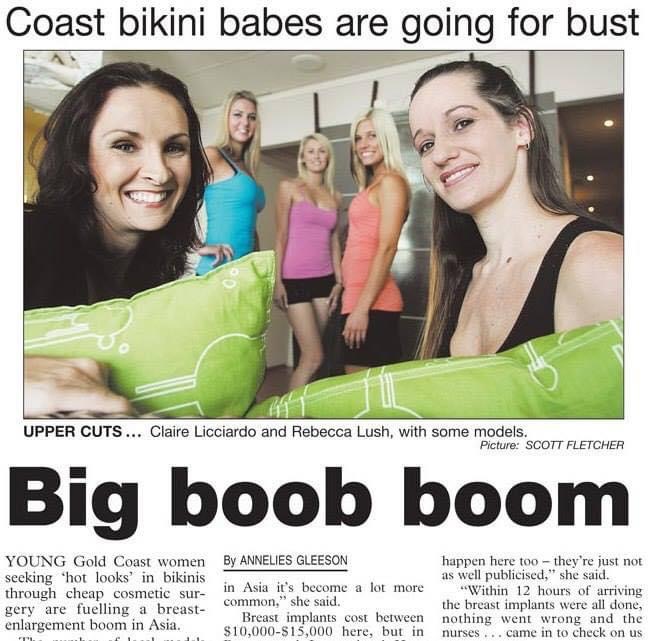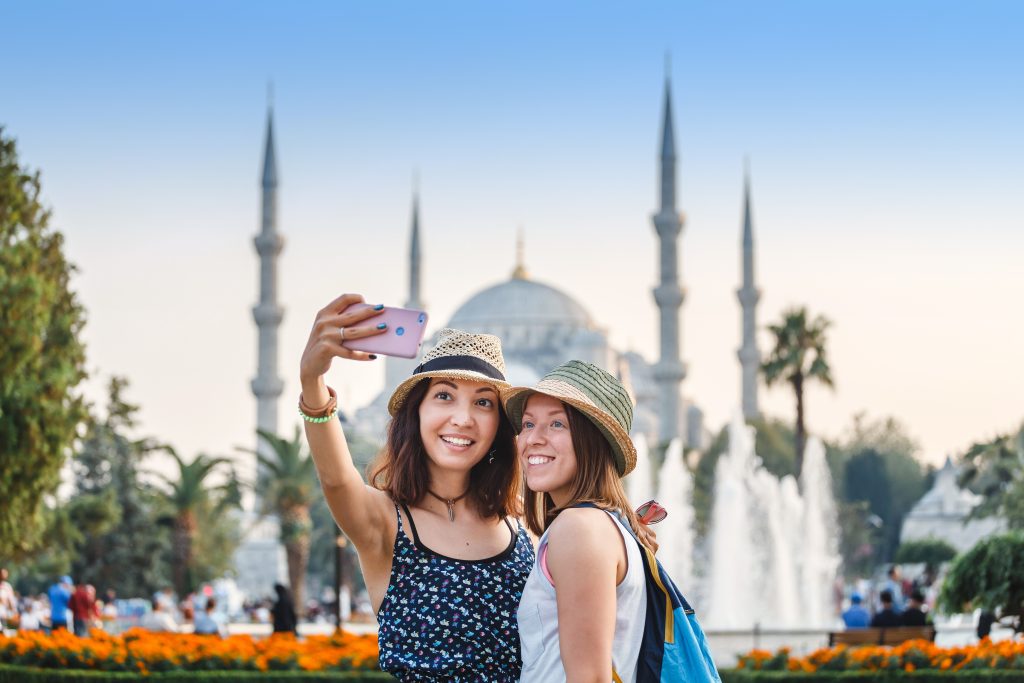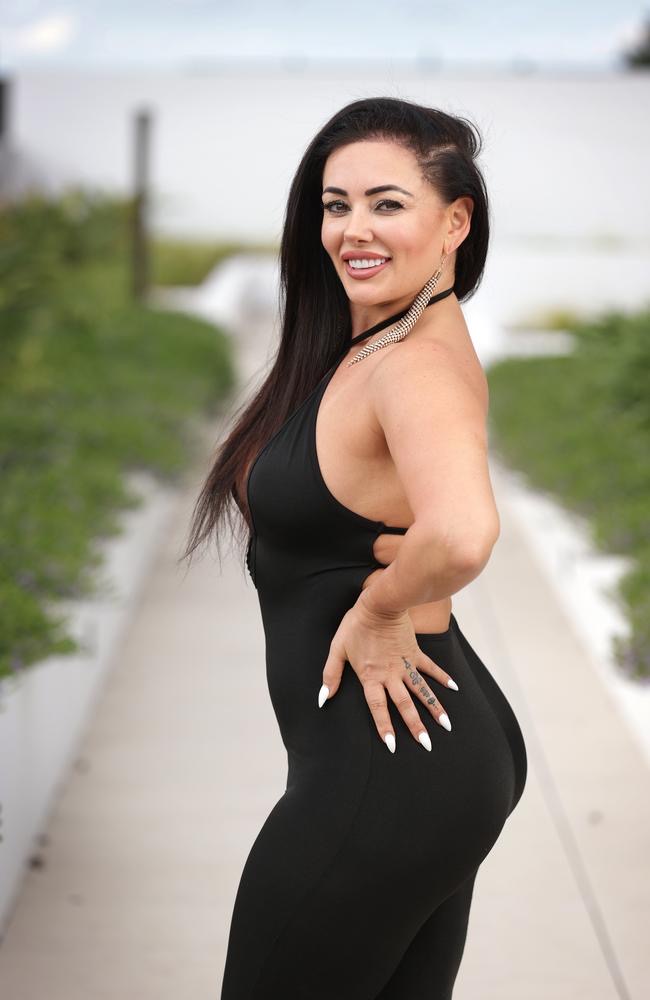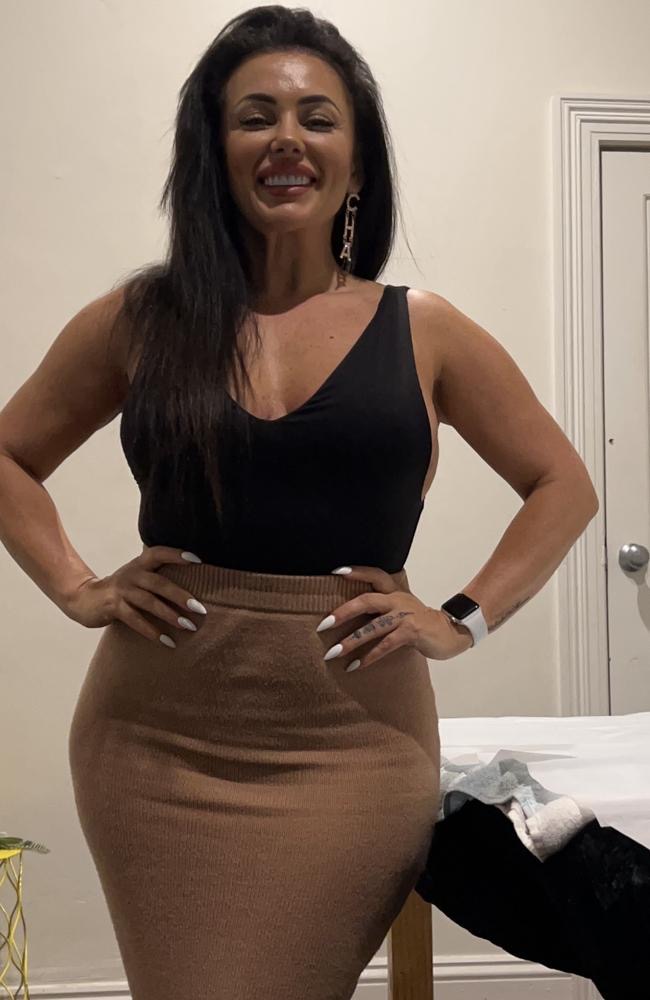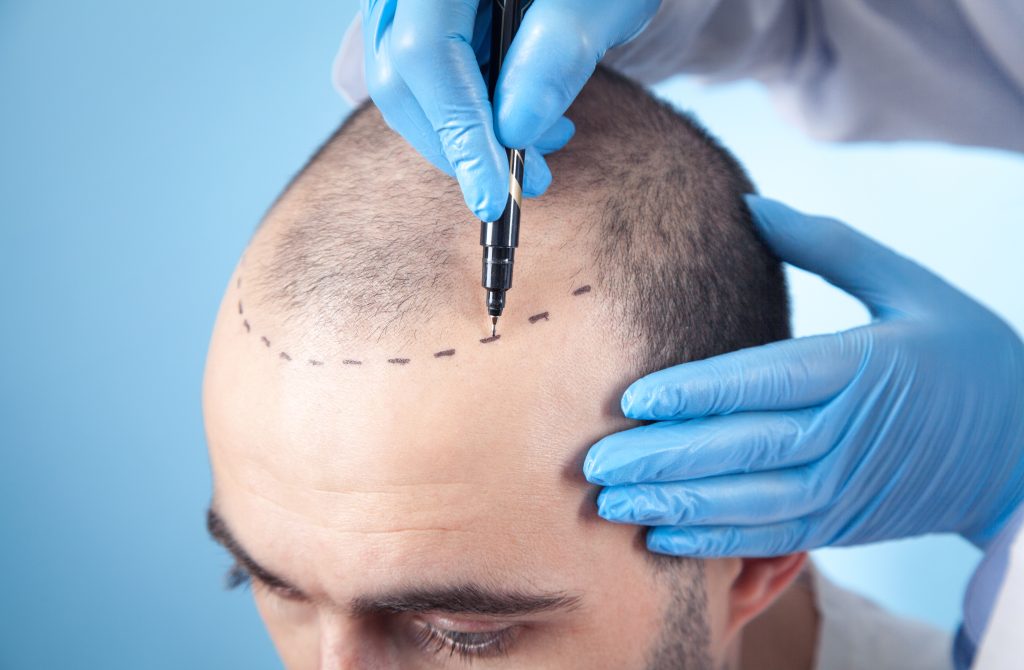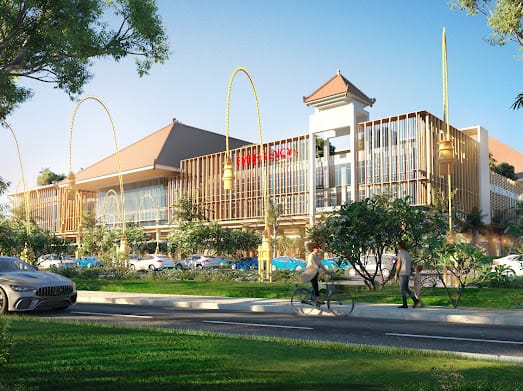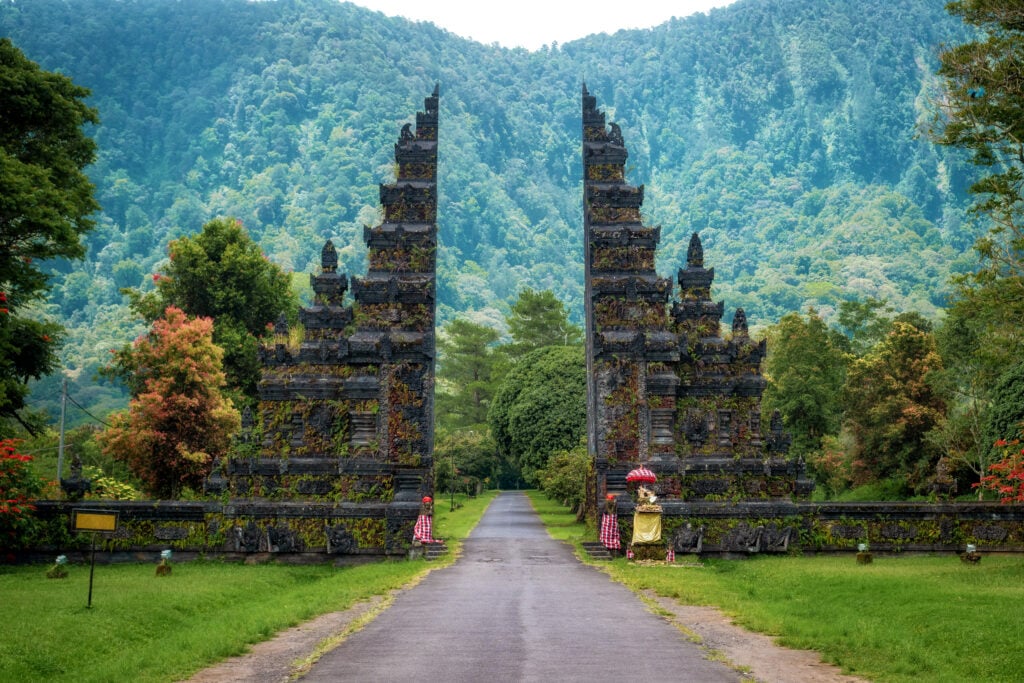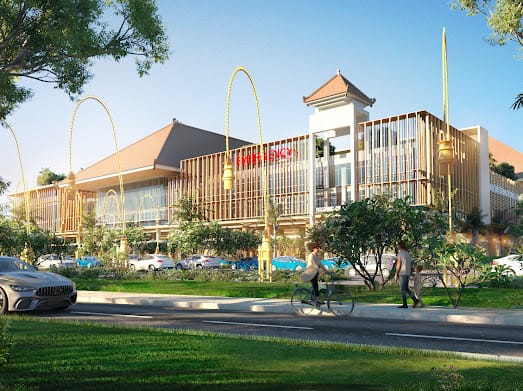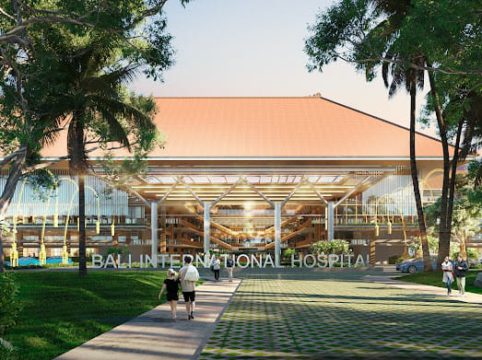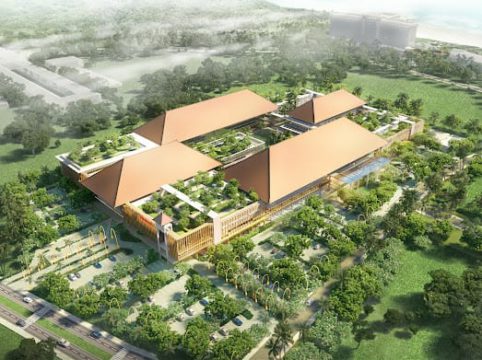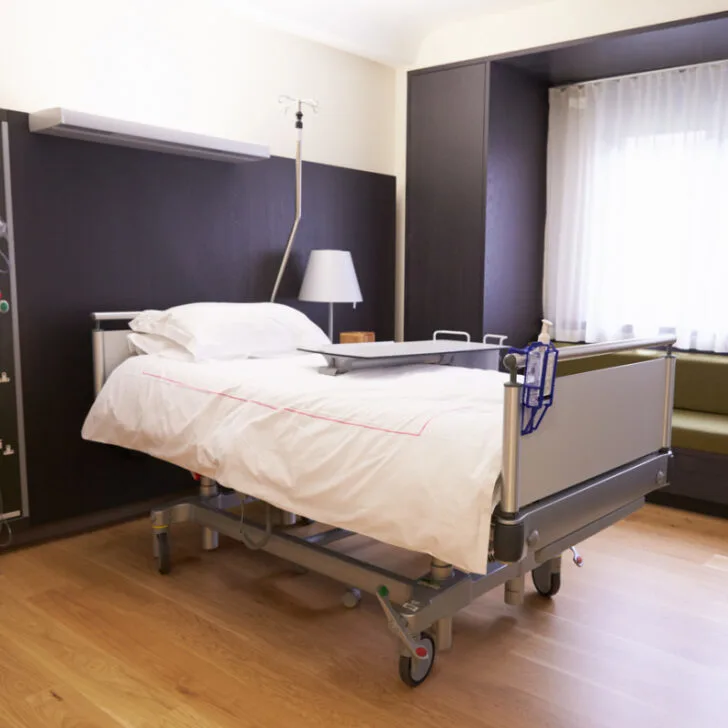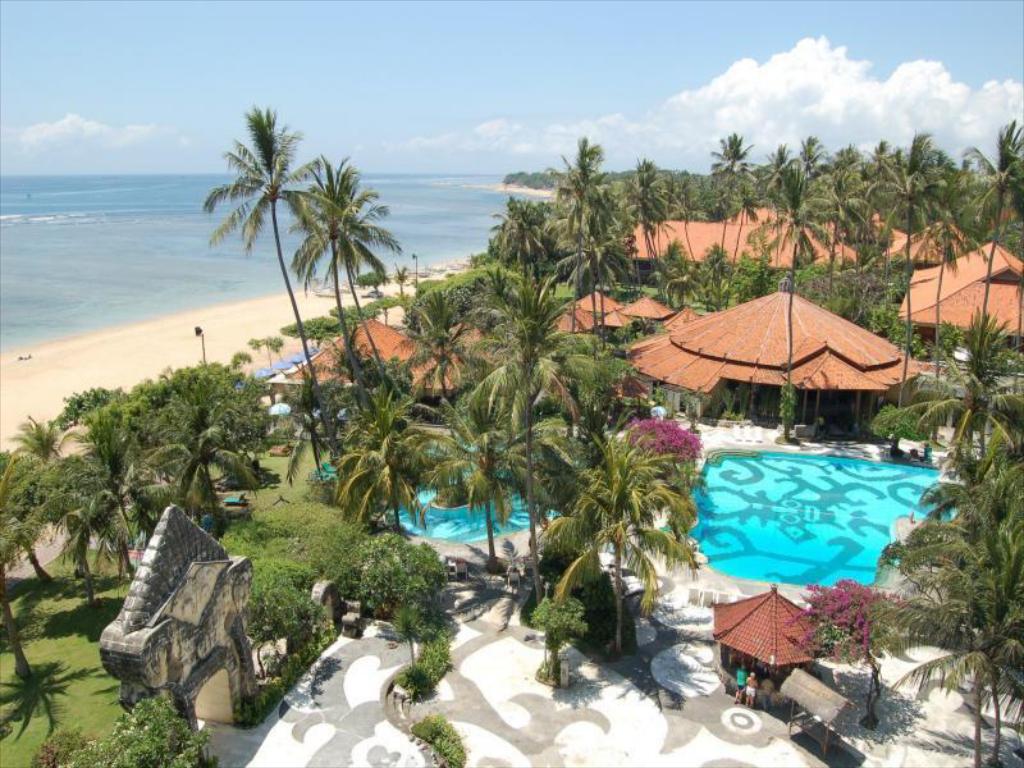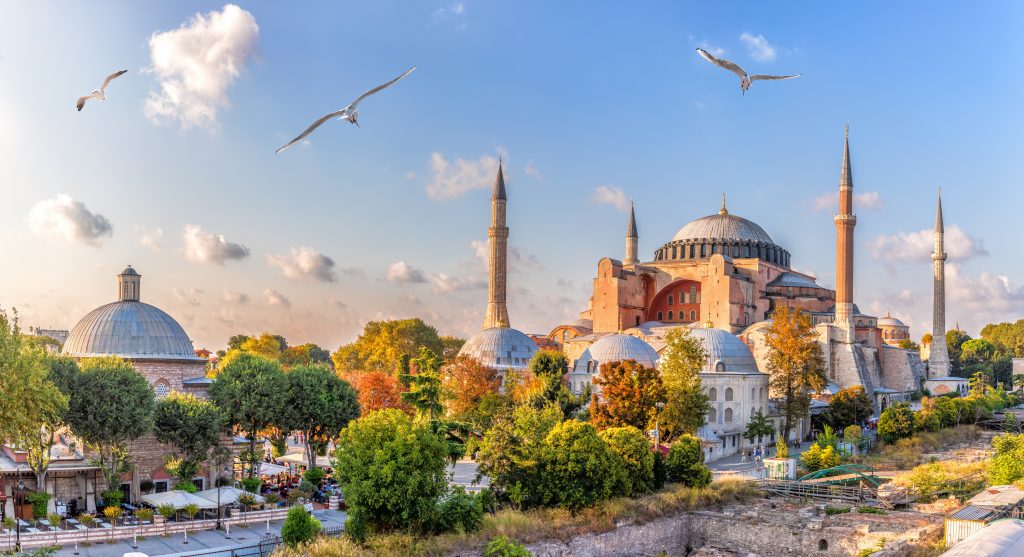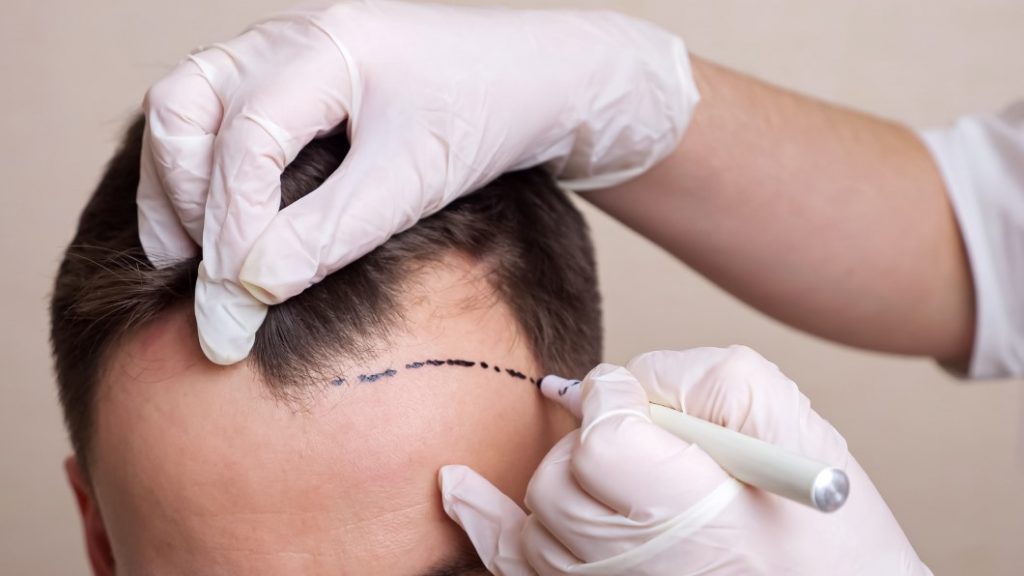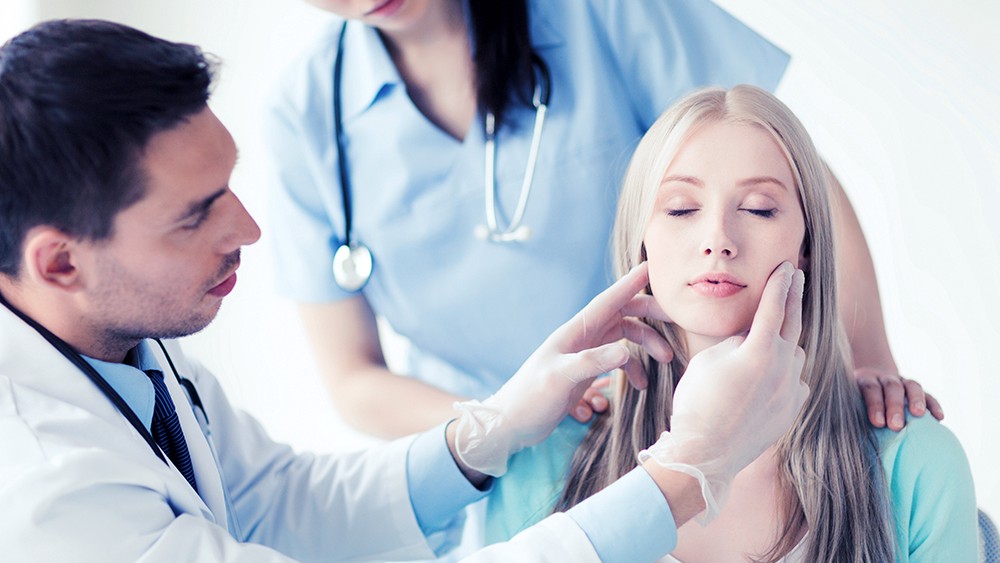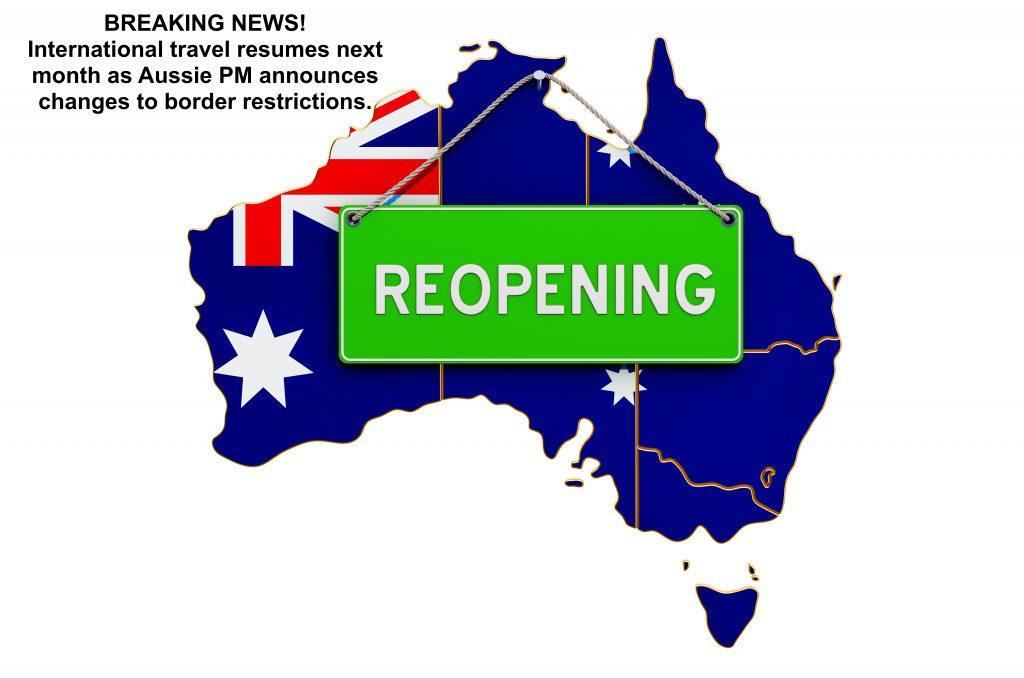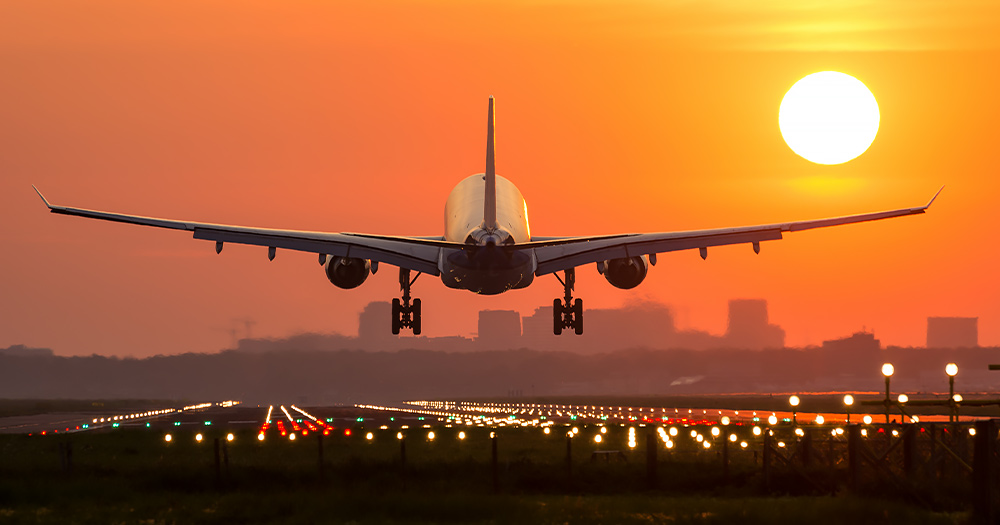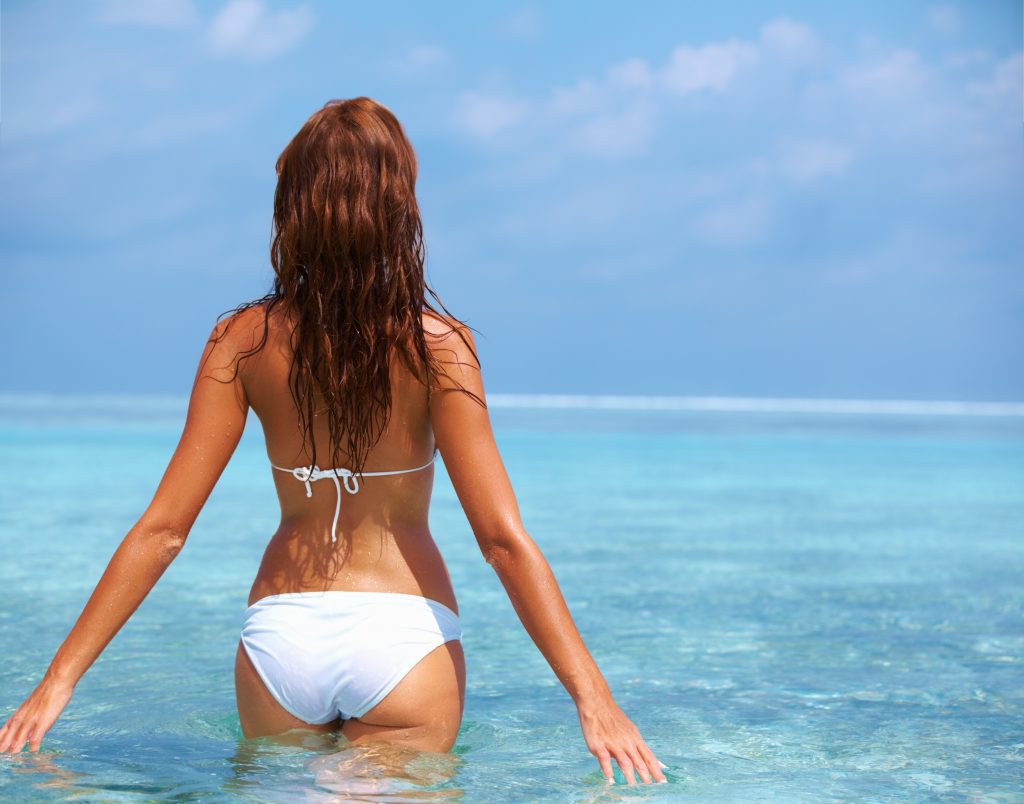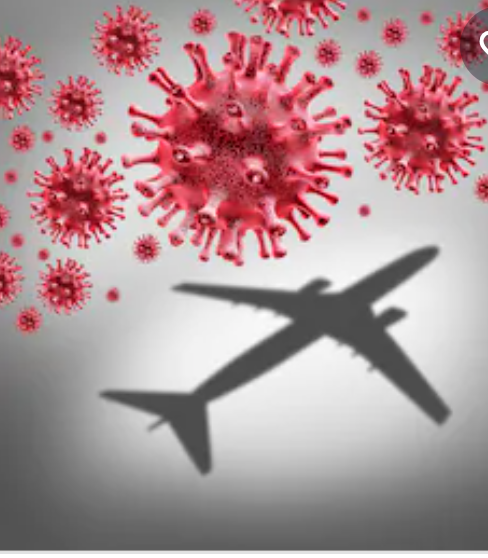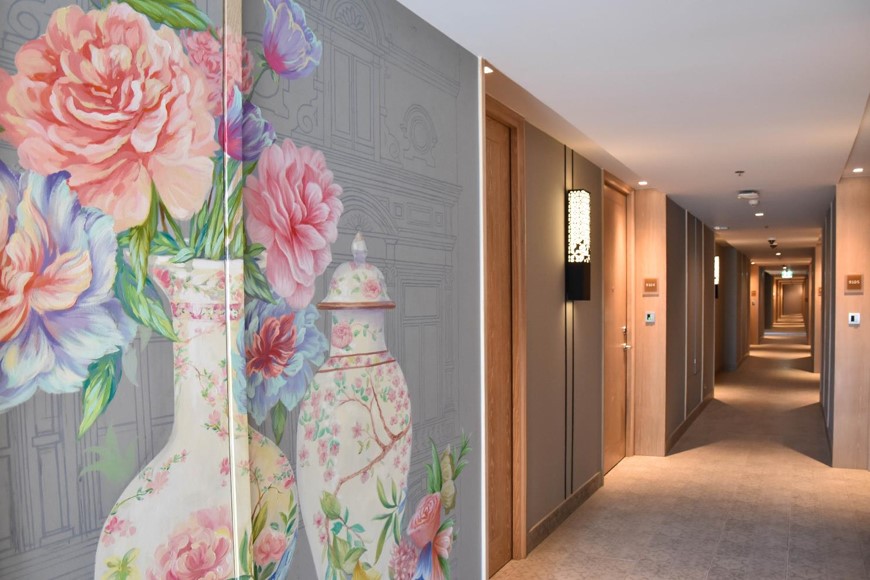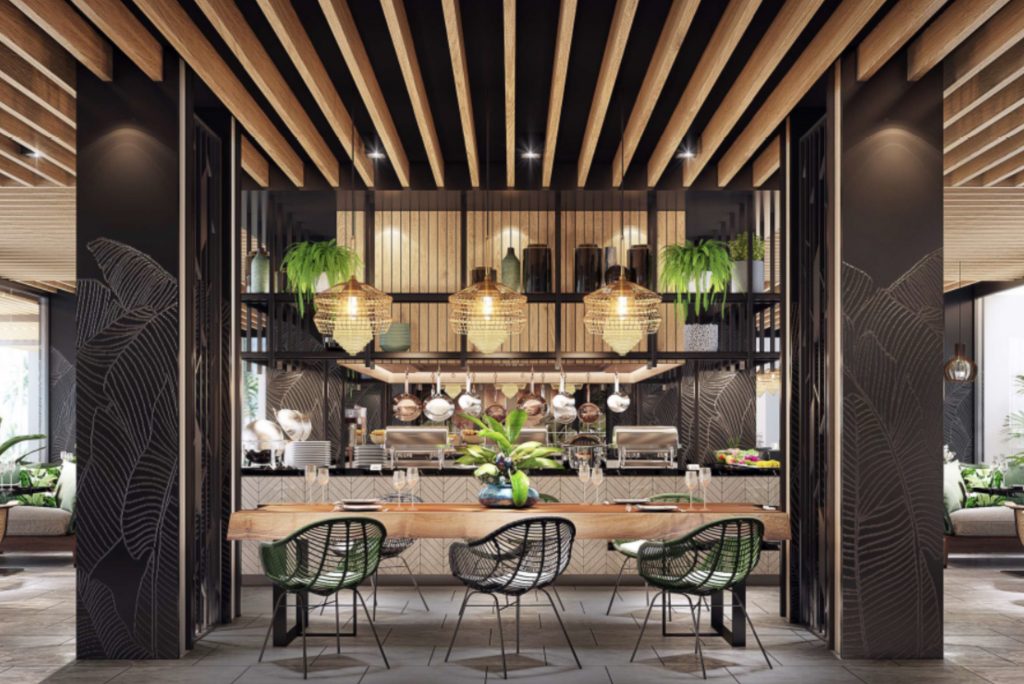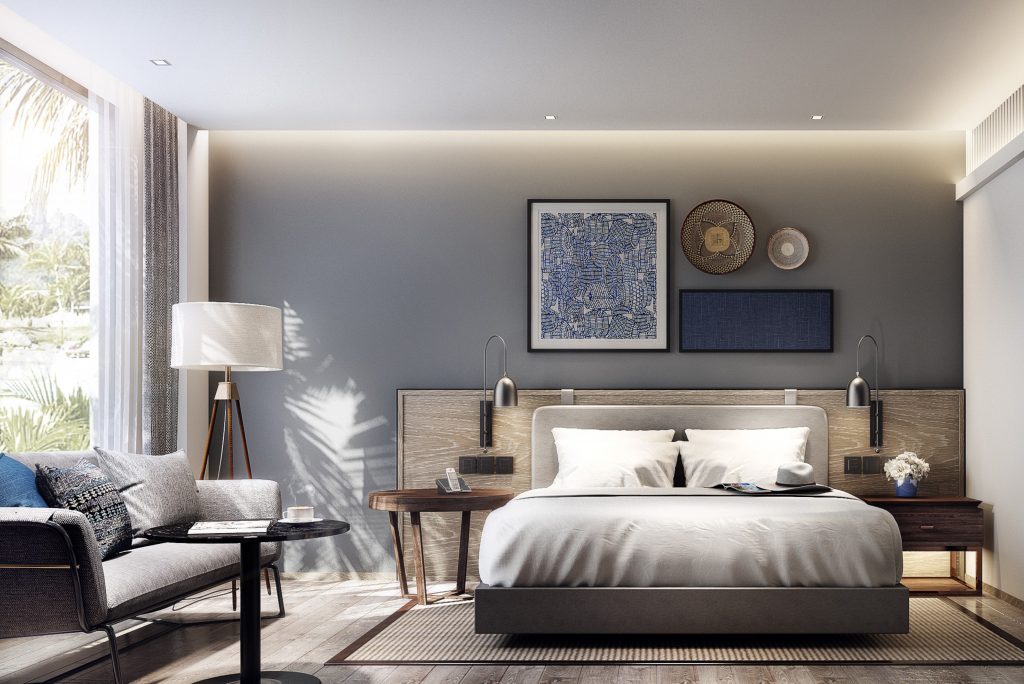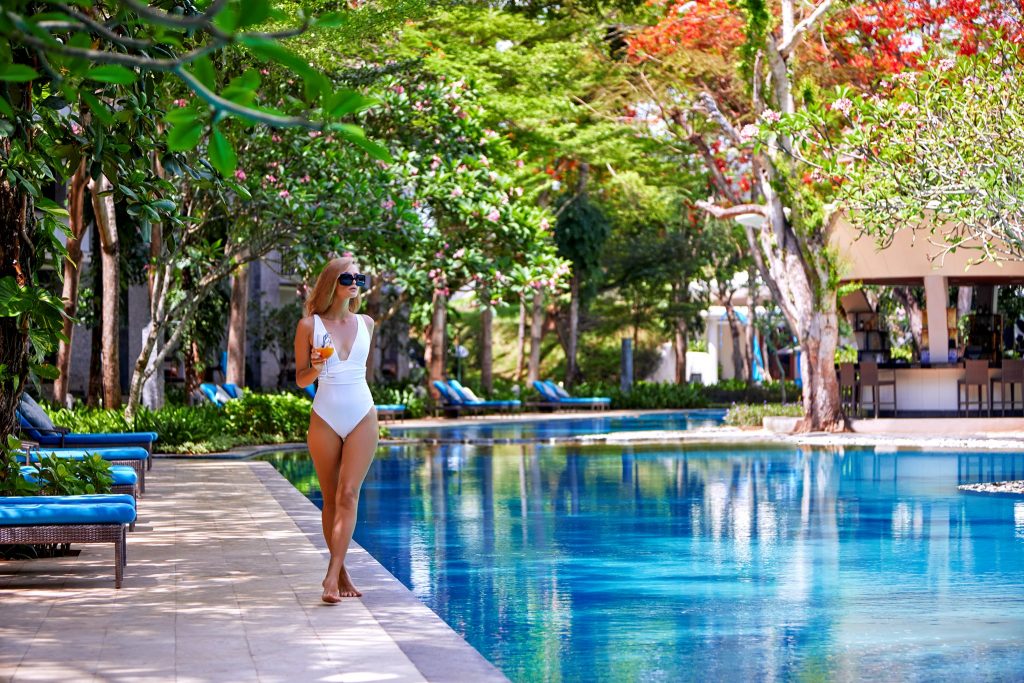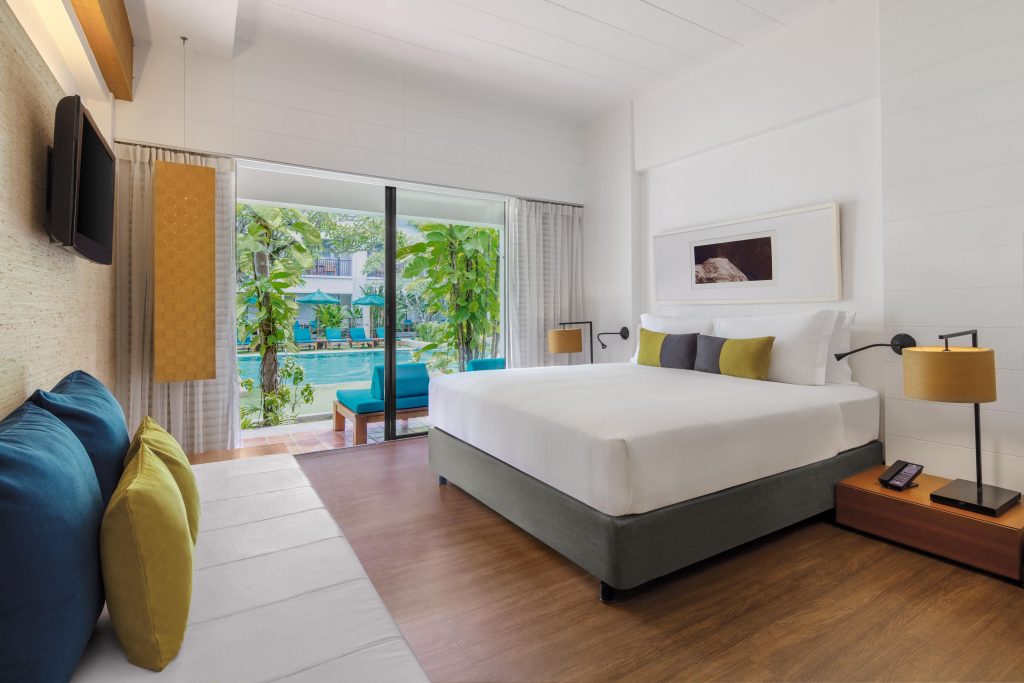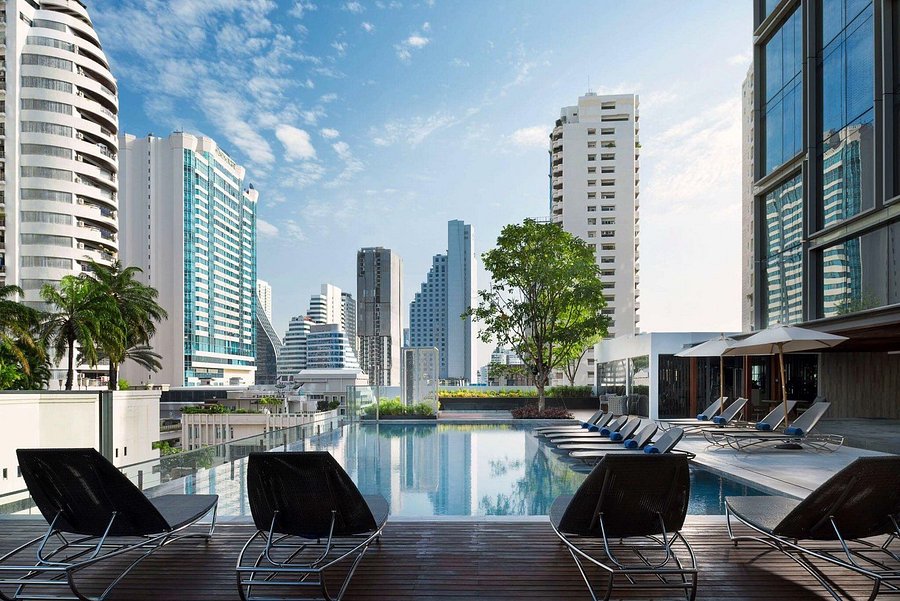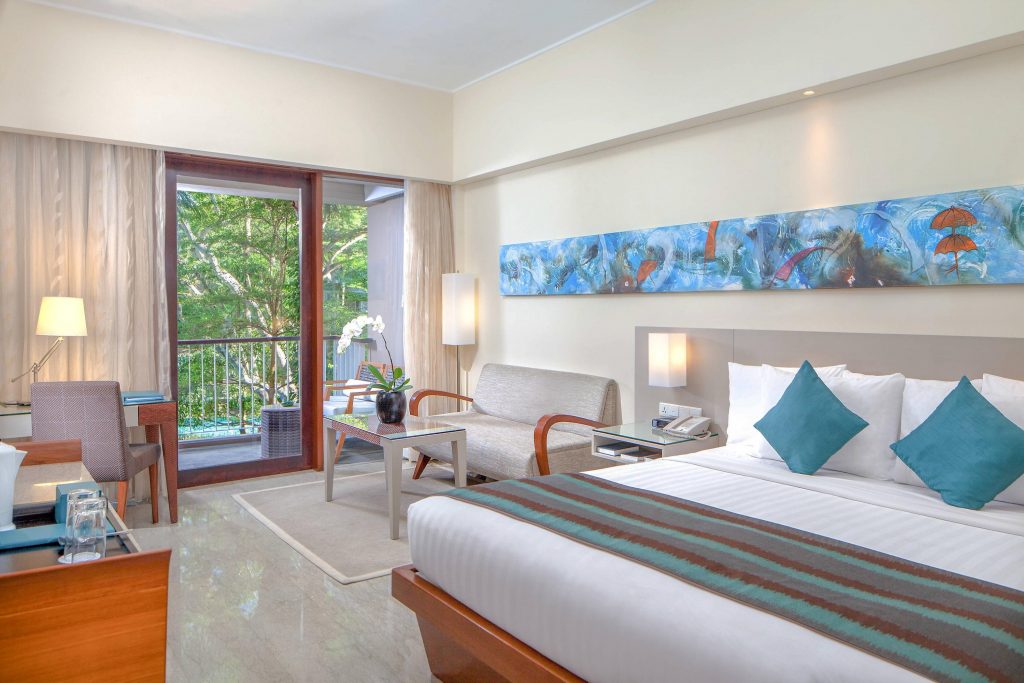Sun, sand, nip, tuck: one in three up for medical tourism
Looking for an affordable face lift without breaking the bank? Want to combine a tummy tuck with two weeks holiday abroad ? You’re not alone.
Nearly a third of people surveyed around the world say they are open to the idea of medical tourism – traveling abroad to enjoy cheaper medical or dental treatment according to a new Ipsos poll of 18,731 adults in 24 countries.
Indeed, 18 per cent said they would definitely consider it.
TURKEY
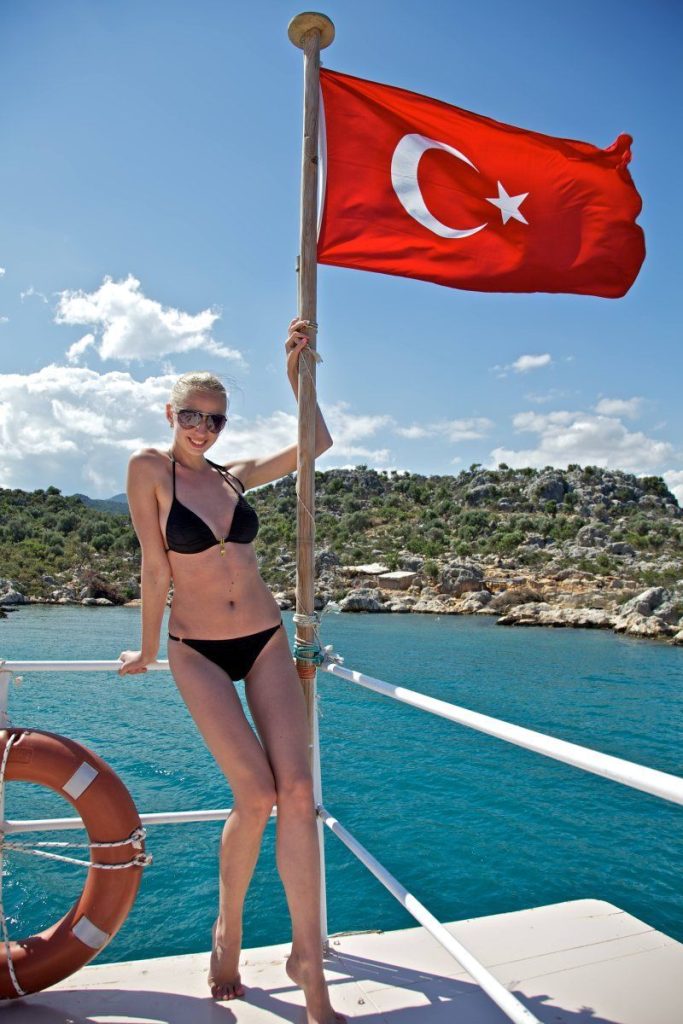
What better place to tuck up that turkey neck. Turkey is up and coming as one of Europe’s most reasonable destinations for cosmetic and plastic surgery. Prices are significantly lower than in North America or in Western Europe, but quality standards are decent. Many experienced Turkish surgeons are internationally trained and multilingual, and several Istanbul medical facilities are clean and modern. Of course, you need to choose your surgeon and facility wisely. Ask a lot of questions, verify credentials, check referrals and more. Budget shouldn’t be your only criteria when considering a serious cosmetic procedure.
“The concept of medical tourism is well accepted in many countries,” said Nicolas Boyon, senior vice president of Ipsos Public Affairs.
“With the exception of Japan there are at least one third of consumers in every country we covered that are open to the idea,” he said in an interview.
Whether for economic reasons or perceptions of superior treatment elsewhere, for treatments ranging from cosmetic to life-saving surgeries, Indians, Indonesians, Russians, Mexicans and Poles were the most open to the idea of being medically mobile.
Thirty-one per cent or more people in each of those countries said they would definitely consider traveling for a cosmetic, medical or dental treatment.
Conversely, people in Japan, South Korea, Spain and Sweden were least likely to be medical tourists.
Boyon said it was not surprising that men and women from emerging nations would be medically mobile if the treatments were cheaper.”This probably reflects perceptions of medical care in other countries that is superior to what is available at home,” he said.
But he was intrigued by the percentage of people in developed nations such as Italy, where 66 per cent said they would definitely or probably consider medical tourism, along with Germany (48 per cent), Canada (41 per cent) and the United States, where 38 per cent of people were open to the idea.”It is a reflection that the medical profession is no longer protected from globalisation,” Boyon said.
RISKS VS. BENEFITS
Although medical tourism spans a range of treatments, the most common are dental care, cosmetic surgery, elective surgery and fertility treatment, according to an OECD report.
“The medical tourist industry is dynamic and volatile and a range of factors including the economic climate, domestic policy changes, political instability, travel restrictions, advertising practices, geo-political shifts, and innovative and pioneering forms of treatment may all contribute towards shifts in patterns of consumption and production of domestic and overseas health services,” the report said.
Various studies using different criteria have estimated that anywhere between 60,000 to 750,000 US residents travel abroad for health care each year, according to the Centers for Disease Control and Prevention.
Along with variations among countries, the Ipsos survey showed that younger adults under 35 years of age were more likely in most countries to consider medical tourism, than people 50 to 64 years old.
Boyon suggested that the cost of travel, proximity, borders and quality of care may also be factors considered by potential medical tourists. In both Italy and Germany, about 20 per cent of adults said they would definitely consider medical tourism. Both countries are near Hungary, a popular destination for health treatments.
Ipsos conducted the poll in Argentina, Australia, Belgium, Brazil, Canada, China, France, Germany, Great Britain, Hungary, India, Indonesia, Italy, Japan, Mexico, Poland, Russia, Saudi Arabia, South Africa, South Korea,Spain, Sweden, Turkey and the United States.
Based on story published in The Sydney Morning Herald- Traveller
Reuters
